Conservation Efforts in Botswana
Botswana stands as a global leader in conservation, safeguarding its iconic ecosystems like the Okavango Delta and protecting species like elephants and rhinos. Through innovative policies, community engagement, and international partnerships, Botswana balances biodiversity preservation with sustainable development.
Explore Botswana’s Green Legacy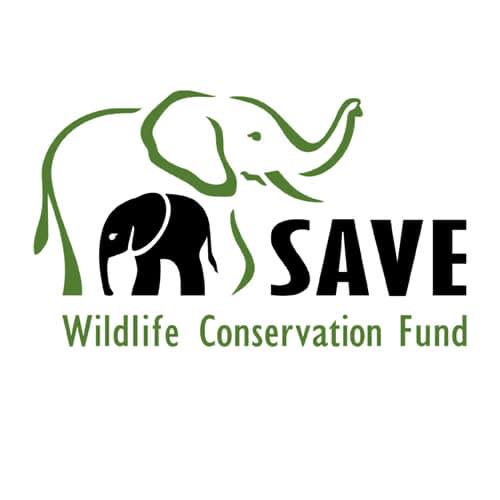
Wildlife Protection
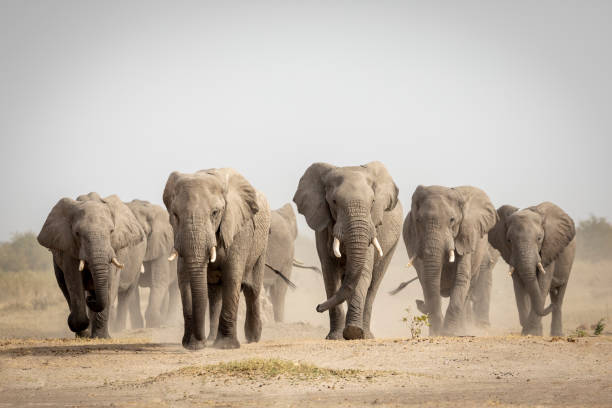
Elephant Conservation
Botswana, home to Africa’s largest elephant population, enforces strict anti-poaching laws in Chobe and Moremi, with 2024 patrols reducing incidents by 30%.
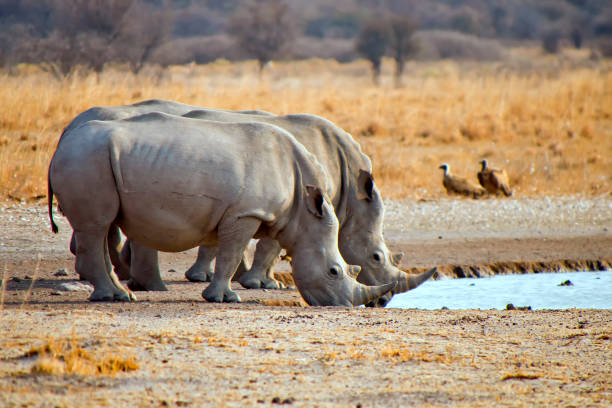
Rhino Sanctuaries
The Khama Rhino Sanctuary protects endangered black and white rhinos, using community patrols and GPS tracking to combat poaching threats.
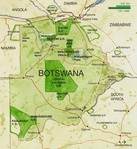
Protected Areas
Over 40% of Botswana’s land, including the Central Kalahari Game Reserve, is dedicated to wildlife, preserving habitats for lions, cheetahs, and birds.
Community-Based Conservation
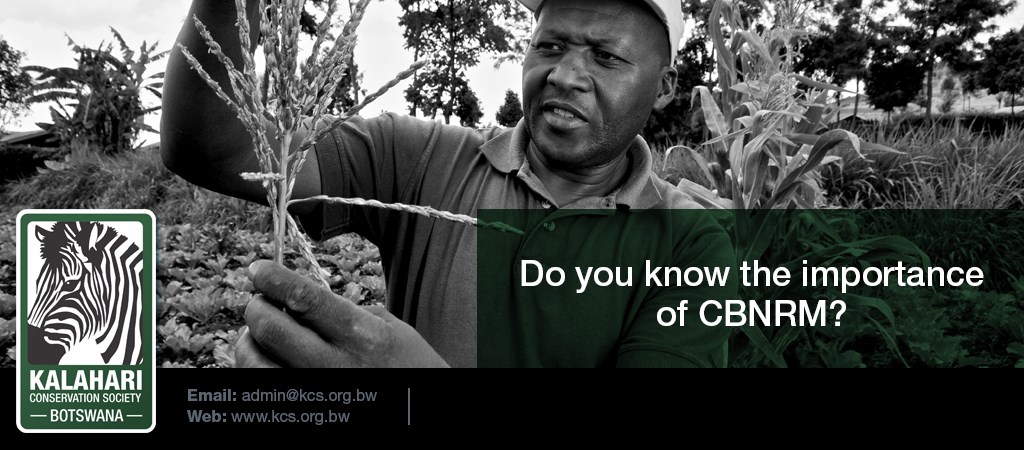
CBNRM Programs
Community-Based Natural Resource Management empowers Ngamiland communities to manage wildlife, with eco-tourism revenue funding schools and clinics.
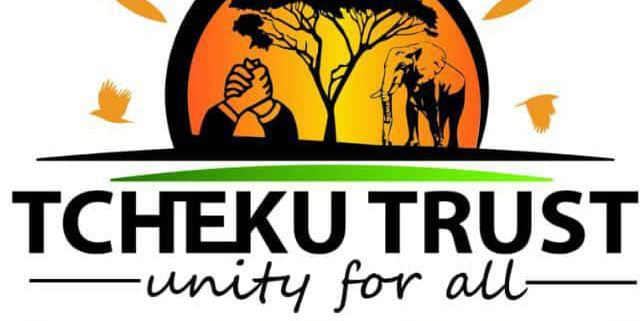
Community Trusts
Trusts like Sankuyo Tshwaragano share safari profits, supporting 2025 projects for sustainable agriculture and water access in rural areas.
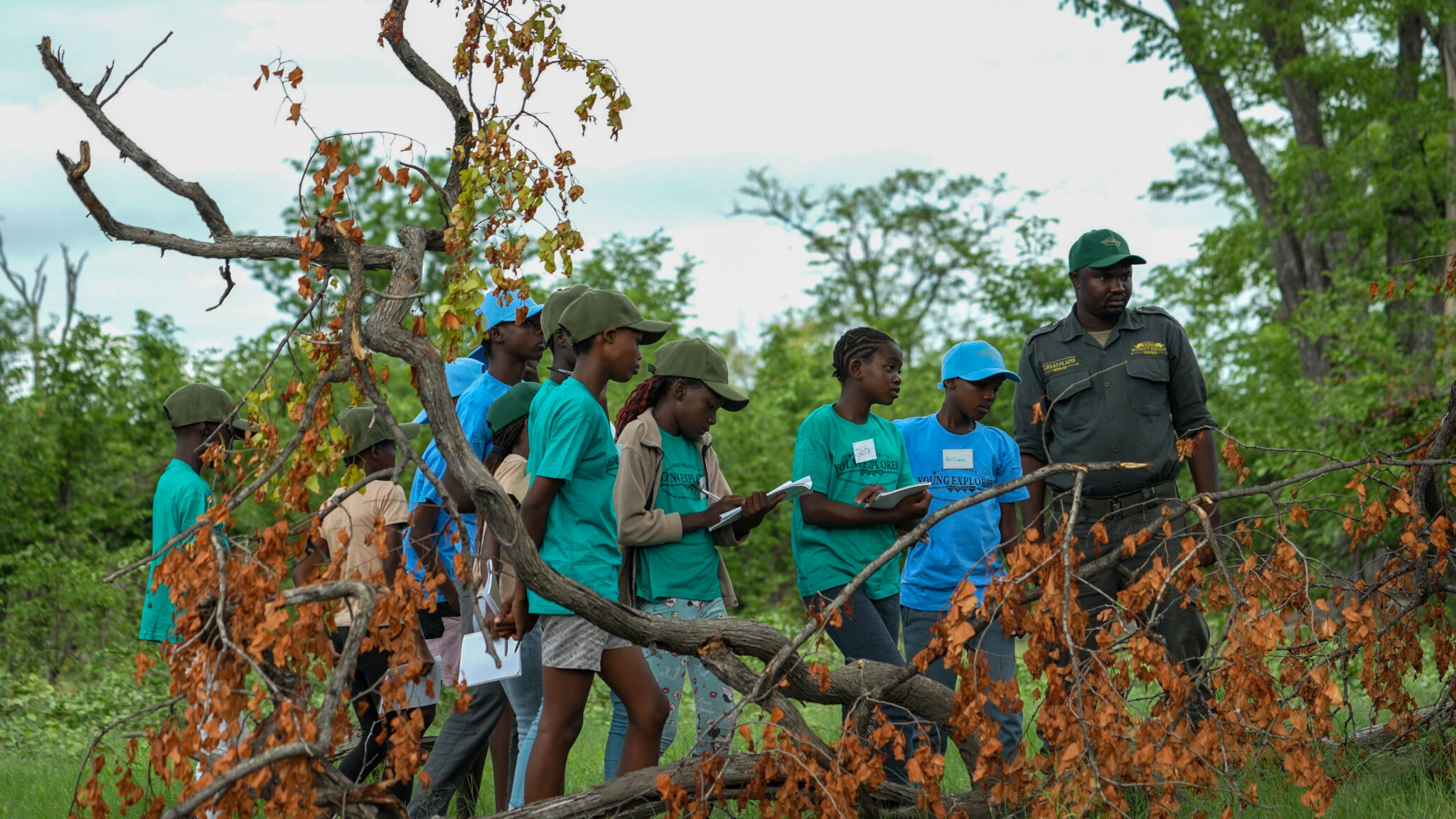
Conservation Education
Programs in Maun teach youth about biodiversity, with 2024 initiatives training 5,000 students in wildlife monitoring and eco-friendly practices.
International Collaboration
Botswana partners with WWF and CITES to protect endangered species, with 2025 funding boosting anti-poaching tech in the Okavango Delta. The KAZA Transfrontier Conservation Area, spanning five countries, promotes cross-border wildlife corridors, while EU grants support solar-powered ranger stations, aligning with Botswana’s 2024 IUCN commitments.
“Conservation is our shared duty, preserving Botswana’s wilderness for the world.” — Conservationist, 2025
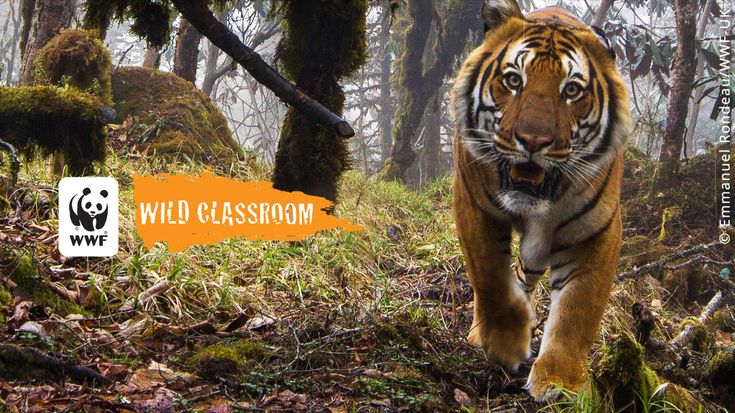
Recent Trends & News
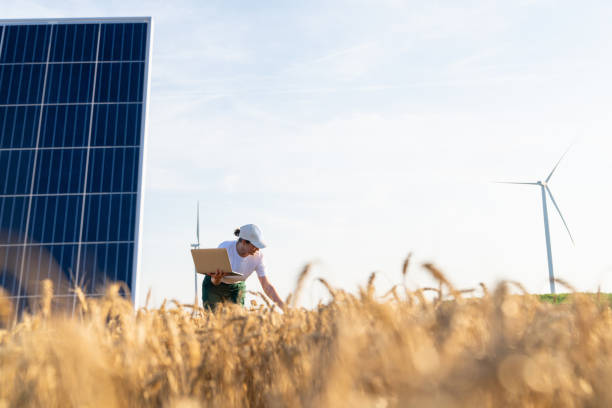
Conservation Technology
In 2025, drones and AI monitoring systems in Chobe reduced poaching by 25%, supported by global tech partnerships.

Sustainable Tourism
Eco-lodges in the Delta, certified in 2024, fund conservation, with tourist fees supporting 10,000 hectares of protected land.
